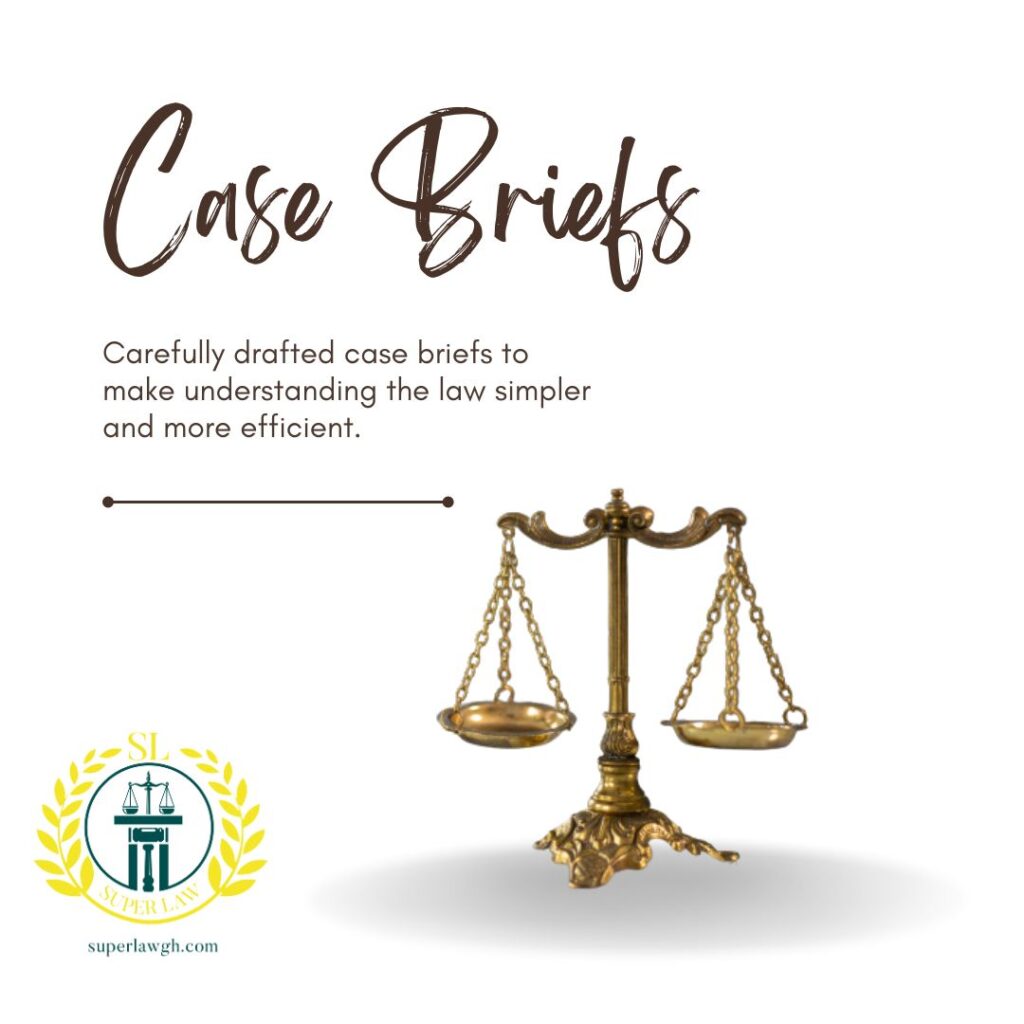Case Brief: Ghana Bar Association v. Attorney-General and Abban (Abban Case)
“With great respect to my learned brother, I think this a very simplistic way to consider a serious and deep legal concept like the “”political question”. I have always been of the view that the principle of political question is something which is inherent in the concept of separation of powers where certain functions are […]
Case Brief: Ghana Bar Association v. Attorney-General and Abban (Abban Case) Read More »

